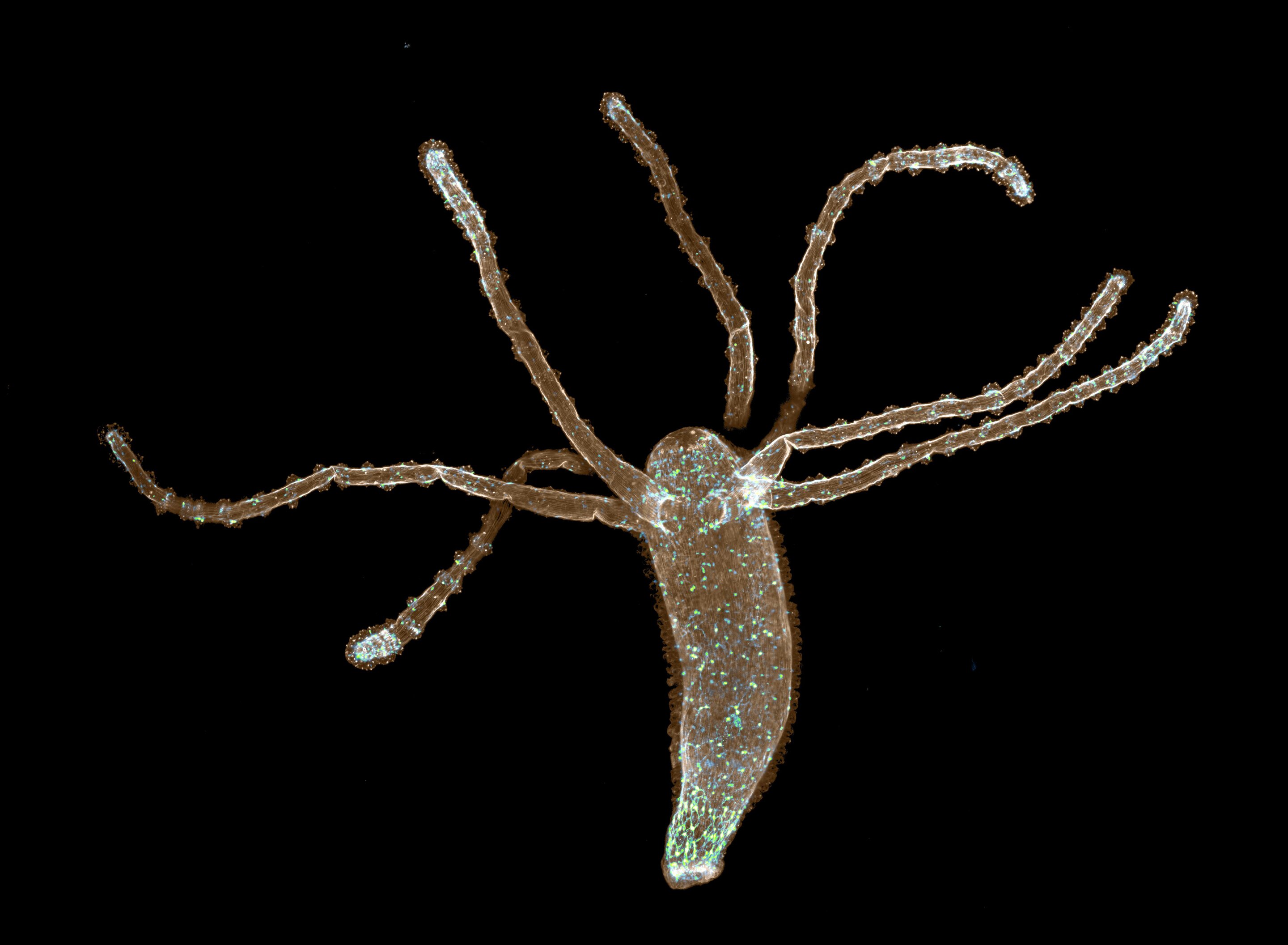According to a new study, scientists found that brain is not necessarily required for an organism to sleep. Hydras can take a nap despite lacking a nervous system.
When you sleep your brain clears out wastes from the central nervous system. This allows your brain to work well when you wake up. Sleep has always thought to be a therapy for almost all living organisms. Many scientific pieces of research prove that there are innumerable benefits of deep sleep for an active brain.
But are these facts really relevant in today’s scenario? Is it really essential to have a brain to sleep?
A new study sheds light on the evolutionary origin of sleep in animals. According to Taichi Q. Itoh, assistant professor at Kyushu University Faculty of Arts and Science, “We now have strong evidence that animals must have acquired the need to sleep before even acquiring a brain.”
While recently, sleeping behaviour was also found in Jellyfish, a similar case is noticed in the relative of hydras and fellow member of the phylum Cnidaria. Cnidarians lack a centralised nervous system and thus are thought not to have a brain. Scientists have found that these tiny, water-dwelling hydras not only show the science of a sleep-like state despite lacking central nervous systems but also respond to molecules associated with sleep similar to more evolved animals.

Scientists came to this conclusion when they used a video system to track the movement to determine when hydras were in a sleep-like state characterised by the reduced movement which could be disrupted with a flash of light. Hydras exhibit a four-hour cycle of active and sleep-like states rather than repeating it every 24 hours.
On the contrary, the scientists also found that dopamine which causes arousal in many animals, actually induced sleep in hydras.
Moreover, the researchers also used temperature and vibration modifications to disturb hydra’s sleep and induce signs of sleep deprivation, causing the hydras to sleep longer during the following day.
Itho said, “Taken all together, these experiments provide strong evidence that animals acquired sleep-related mechanisms before the evolutional development of the central nervous system and that many of these mechanisms were considered as brains evolved.”
“Many questions still remain regarding how sleep emerged in animals. But hydras provide an easy-to-handle creature for further investigating the detailed mechanisms producing sleep in brainless animals to help possibly one day answer these questions,” says Itoh.

